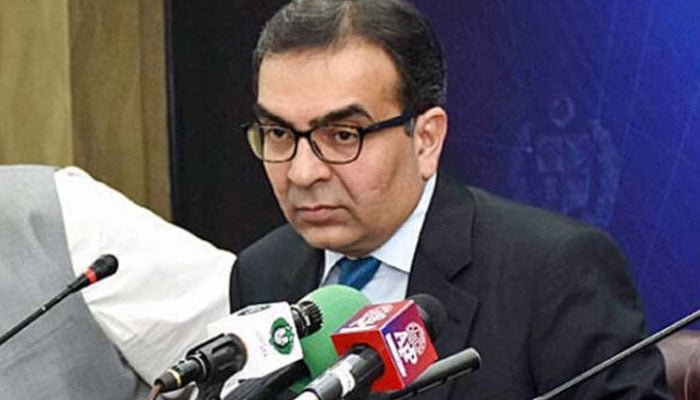Tehreek-e-Insaf leader Barrister Ali Zafar has expressed his agreement with Sher Afzal Marwat’s criticism regarding the decision to form an alliance with the Sunni Ittehad Council (SIC). Zafar highlighted the sequence of events leading to this decision during a private TV program, shedding light on the initial intention to ally with the Shirani group, primarily for securing reserved seats. However, due to complications during negotiations, the alliance with the Shirani group couldn’t materialize. Consequently, the party shifted focus to MWM but ultimately settled on the SIC.
Zafar emphasized that the SIC neither participated in the elections nor provided a list of reserved seats, echoing Marwat’s assertion that the alliance with them was indeed a misstep. He hinted at potential miscommunication contributing to the decision’s alteration, indicating discrepancies within the party’s decision-making process.
Marwat, in his own interview, lamented two significant errors in judgment. Firstly, he highlighted the failed attempt to engage with the JUI Sherani group, emphasizing multiple meetings held to facilitate an alliance. Despite initial announcements of a collaboration, the Shirani group vanished from the scene, replaced by another party without clear explanations, raising concerns about the decision-making process within the party.
Secondly, Marwat criticized the decision to align with Majlis Wahdatul Muslimeen (MWM), attributing these missteps to significant electoral losses, estimating over 80 seats lost as a result.
These revelations underscore internal challenges and complexities within Tehreek-e-Insaf’s strategic decision-making processes, raising questions about the transparency and effectiveness of their alliances and their implications for electoral outcomes.



